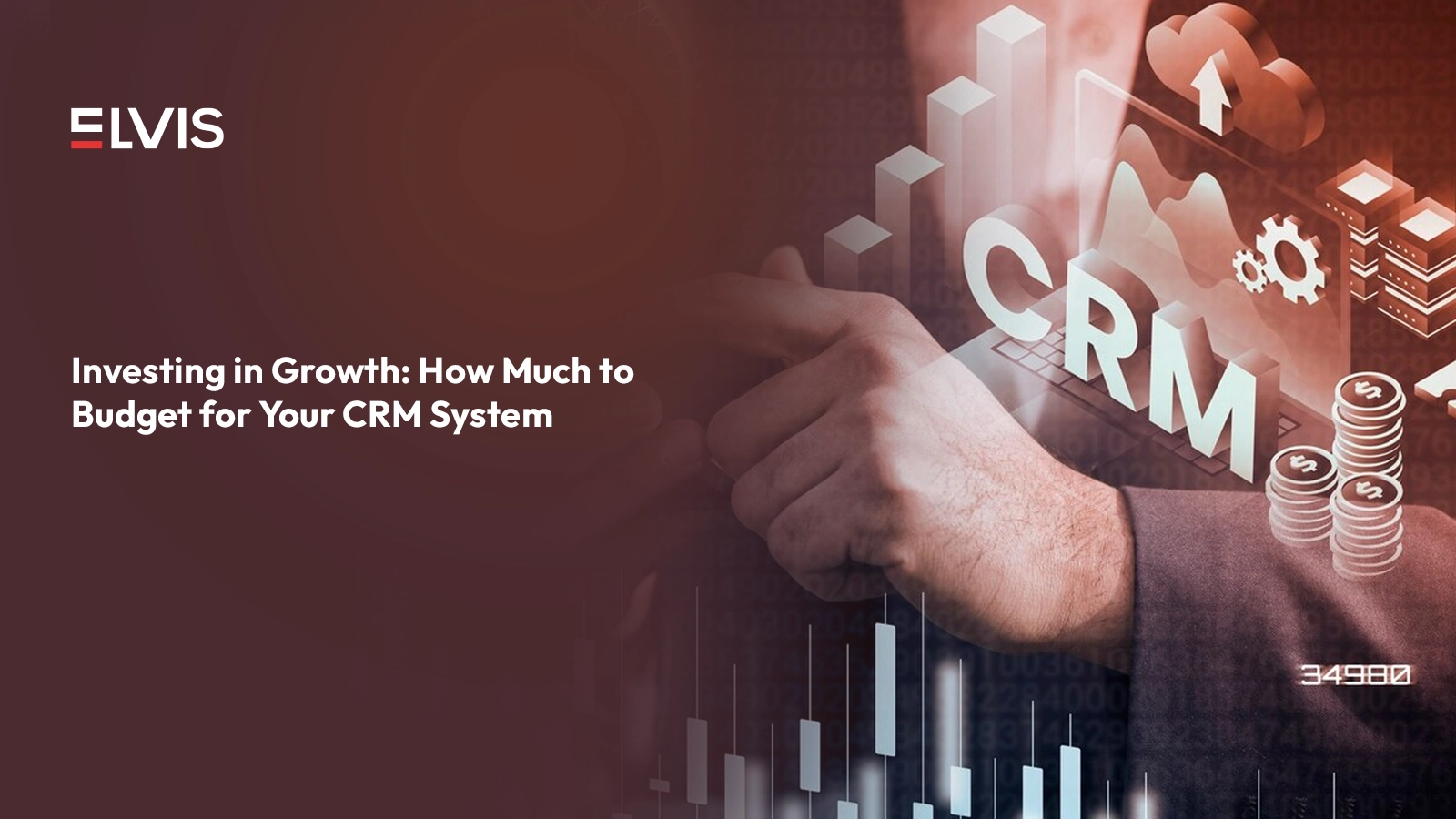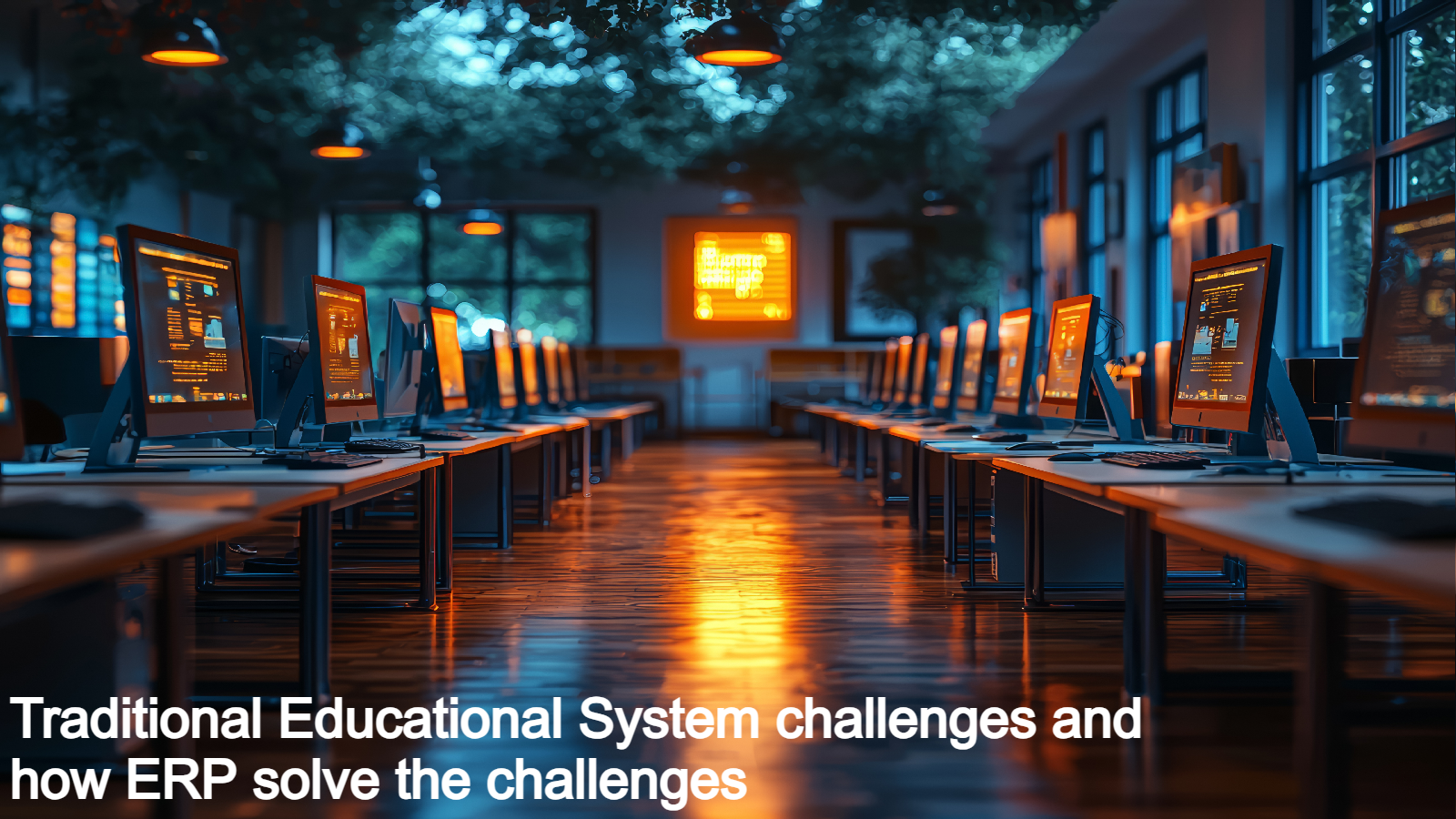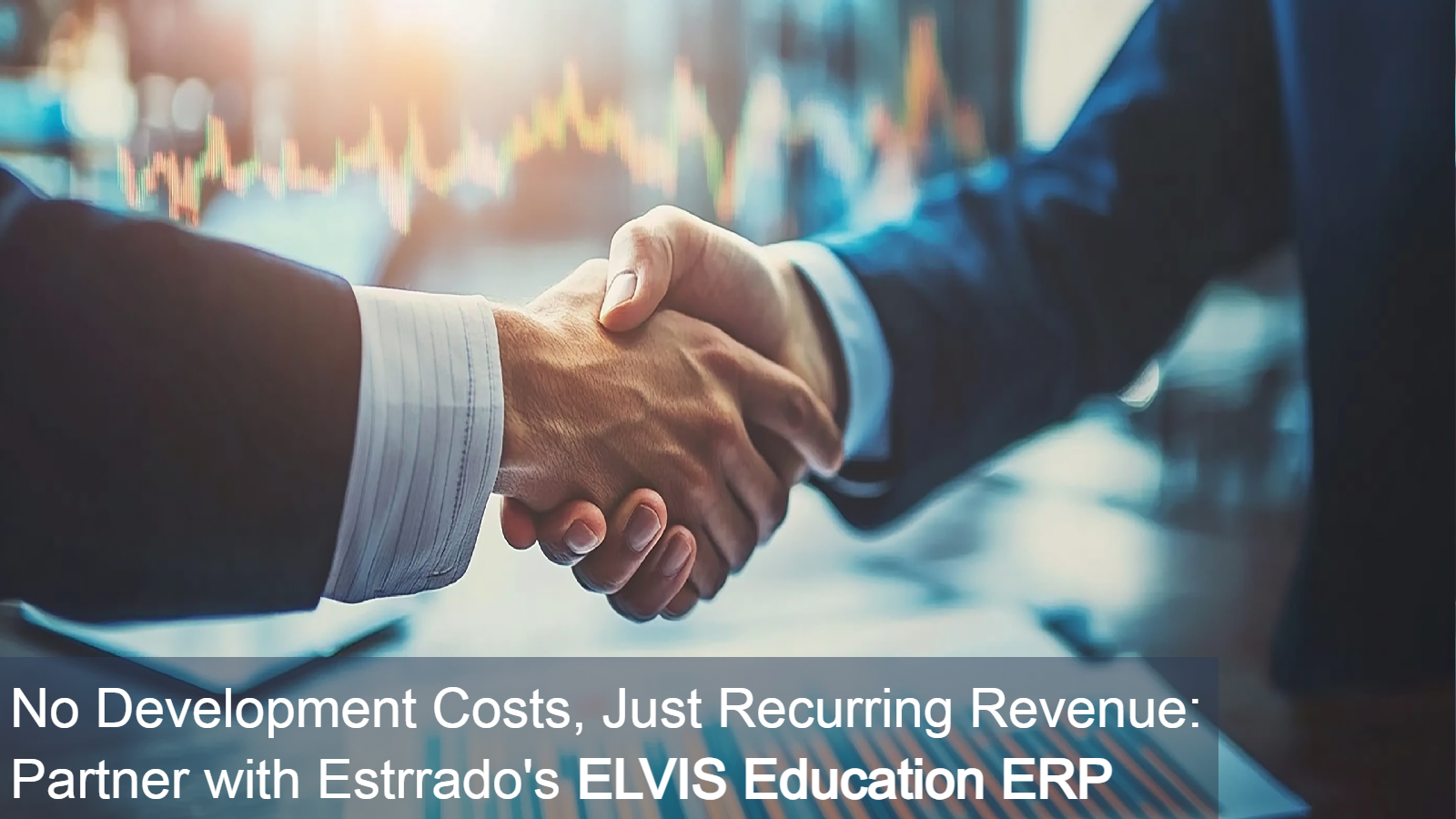Introduction
Choosing the right Customer Relationship Management (CRM) system is crucial for businesses aiming to streamline operations, improve customer satisfaction, and drive growth. However, one of the most pressing questions is, “How much should we budget for a CRM system?” This guide will walk you through the key considerations and costs of budgeting for a CRM system, specifically tailored to the Malaysian market.
Understanding CRM Systems
Before diving into the costs, it’s essential to understand what a CRM system is and why it’s vital for your business. A CRM system is a technology used to manage interactions with customers and potential customers. It helps companies to streamline processes, build customer relationships, increase sales, improve customer service, and increase profitability.
Benefits of a CRM System
- Improved Customer Relationships: Centralizes customer information, making it easily accessible to different departments.
- Enhanced Communication: Facilitates better communication within the company and with customers.
- Increased Efficiency: Automates routine tasks, freeing up time for more strategic activities.
- Data-Driven Decisions: Provides valuable insights through data analysis and reporting.
Key Factors Influencing CRM Costs
- Type of CRM System
There are three main types of CRM systems:
- Operational CRM: Focuses on streamlining customer interactions and automating sales, marketing, and service processes.
- Analytical CRM: Analyzes customer data to provide insights for better decision-making.
- Collaborative CRM: Enhances communication and collaboration among business units and with customers.
- Deployment Options
CRM systems can be deployed in two primary ways:
- Cloud-Based CRM: Hosted on the vendor’s servers and accessed via the internet. This option usually involves a subscription fee.
- On-Premise CRM: Installed locally on a company’s servers. This option requires a significant upfront investment but may have lower ongoing costs.
- Number of Users
The cost of a CRM system often depends on the number of users. Most CRM vendors offer tiered pricing based on the number of users, making it essential to estimate your current and future user requirements.
- Features and Customization
The more features and customization your business requires, the higher the cost. Basic CRM systems may include contact management, sales automation, and email marketing, while advanced systems offer features like AI-driven insights, advanced analytics, and extensive customization options.
- Integration with Other Systems
If your CRM needs to integrate with other business systems like ERP, marketing automation tools, or customer service platforms, this can add to the cost. Ensure that the CRM system you choose supports seamless integration with your existing tools.
- Training and Support
Training your staff to use the CRM system efficiently and ongoing support from the vendor is crucial. These services may be included in the initial cost or may incur additional fees.
Estimating CRM Costs for Malaysian Businesses
Let’s break down the potential costs for a CRM system in Malaysia:
Initial Costs
- Software Licensing: For on-premise CRMs, this can range from MYR 20,000 to MYR 100,000 depending on the complexity and scale of the deployment.
- Implementation: This includes setup, customization, and data migration. Costs can vary widely but typically range from MYR 10,000 to MYR 50,000.
- Hardware: On-premise solutions may require additional hardware investments, which can cost anywhere from MYR 5,000 to MYR 30,000.
Ongoing Costs
- Subscription Fees: For cloud-based CRMs, subscription fees can range from MYR 50 to MYR 500 per user per month, depending on the features and user count.
- Maintenance and Support: On-premise solutions will require ongoing maintenance, which can cost MYR 5,000 to MYR 20,000 annually.
- Training: Initial and ongoing training sessions may cost MYR 2,000 to MYR 10,000 per year.
Additional Costs
- Upgrades: Periodic upgrades may be necessary, especially for on-premise systems, costing MYR 5,000 to MYR 15,000 per upgrade cycle.
- Custom Development: If you need specific features not available out-of-the-box, custom development can be an added expense ranging from MYR 5,000 to MYR 50,000.
Budgeting Tips for Malaysian Businesses
- Conduct a Needs Assessment
Determine what your business needs from a CRM system. Engage stakeholders from different departments to understand their requirements and challenges.
- Start Small
Consider starting with a basic CRM package and upgrading as your business grows. This approach can help manage initial costs and allow your team to adapt gradually.
- Opt for Scalable Solutions
Choose a CRM system that can scale with your business. Cloud-based solutions are often more scalable and can be more cost-effective in the long run.
- Leverage Free Trials and Demos
Many CRM vendors offer free trials or demos. Use these to evaluate different systems and ensure they meet your requirements before committing financially.
- Negotiate with Vendors
Don’t hesitate to negotiate with vendors for better pricing, especially if you are committing to a long-term contract or have a large number of users.
Conclusion
Budgeting for a CRM system involves considering various factors, from the type of system and deployment method to the number of users and required features. For Malaysian businesses, it’s crucial to assess your specific needs, start with a scalable solution, and leverage free trials to make an informed decision. By carefully planning and budgeting, you can invest in a CRM system that will drive your business’s growth and improve customer relationships.
By understanding the key components and costs associated with CRM systems, Malaysian businesses can make informed decisions that align with their budget and business goals. Remember, the right CRM system is not just an expense but a strategic investment in your company’s future success.
Frequently Asked Questions (FAQs) about CRM Systems for Malaysian Businesses
- What is the typical ROI for a CRM system?
The return on investment (ROI) for a CRM system can vary, but many businesses see a significant improvement in customer retention, sales efficiency, and overall revenue within the first year of implementation.
- Are there any free CRM systems available?
Yes, there are free CRM systems like HubSpot CRM, Zoho CRM (free version), and others. These can be a good starting point for small businesses but may have limited features compared to paid versions.
- How long does it take to implement a CRM system?
Implementation time can vary based on the complexity of the system and the level of customization required. On average, it can take anywhere from a few weeks to several months.
- Can a CRM system be customized to fit my specific business needs?
Yes, most CRM systems offer customization options. However, the extent of customization can impact the cost and implementation time.
- Is data migration from my old system to a new CRM system difficult?
Data migration can be challenging, especially if you have a large volume of data. Many CRM vendors offer data migration services to help with this process.
- What security measures should I consider for my CRM system?
Ensure that the CRM system complies with data protection regulations and offers features like data encryption, user access controls, and regular security audits.
- How often should I update my CRM system?
It’s recommended to keep your CRM system updated regularly to benefit from new features, security patches, and performance improvements. This can be monthly or quarterly depending on the vendor.
- What are the potential downsides of using a CRM system?
Some potential downsides include high costs, especially for extensive customization and ongoing maintenance, and the need for continuous training to keep staff proficient with the system.








